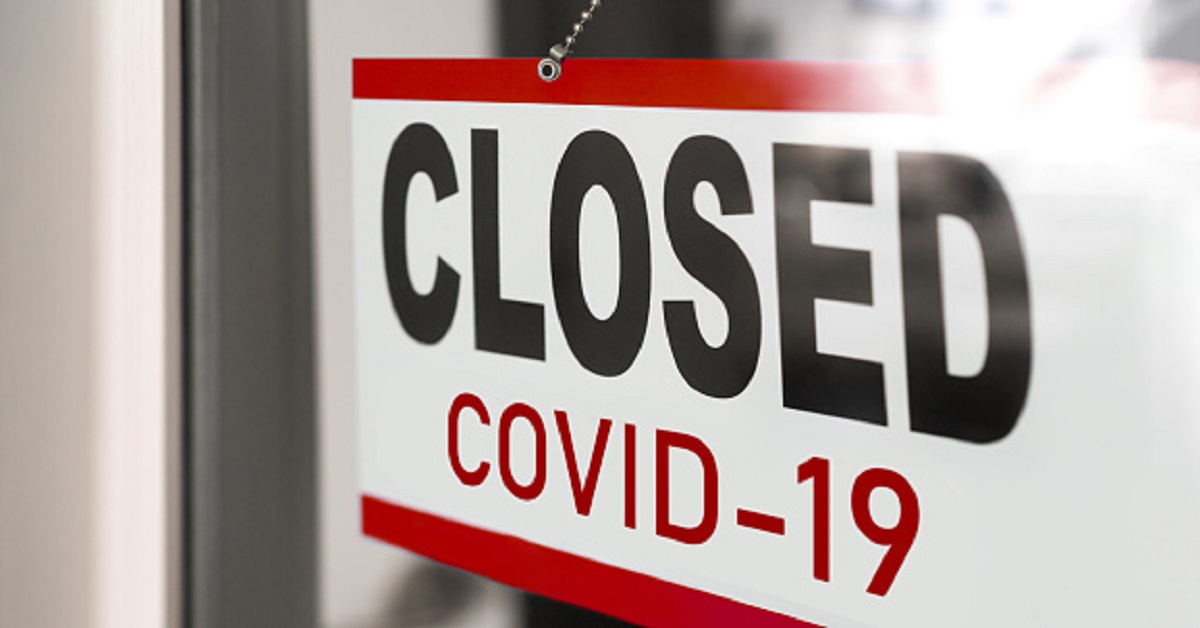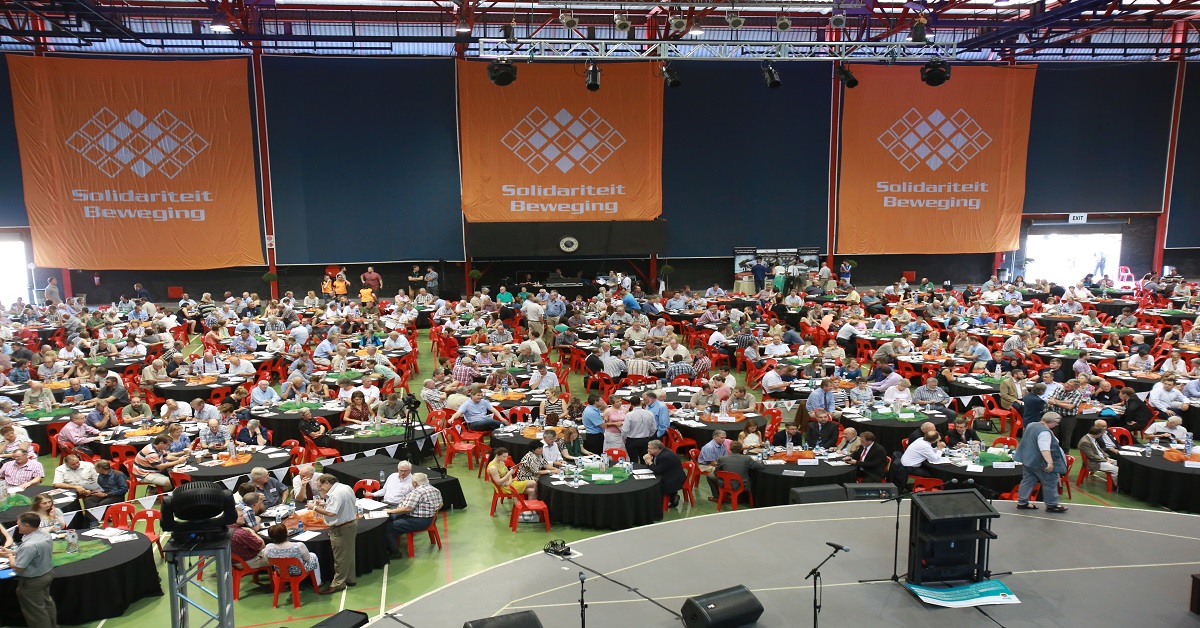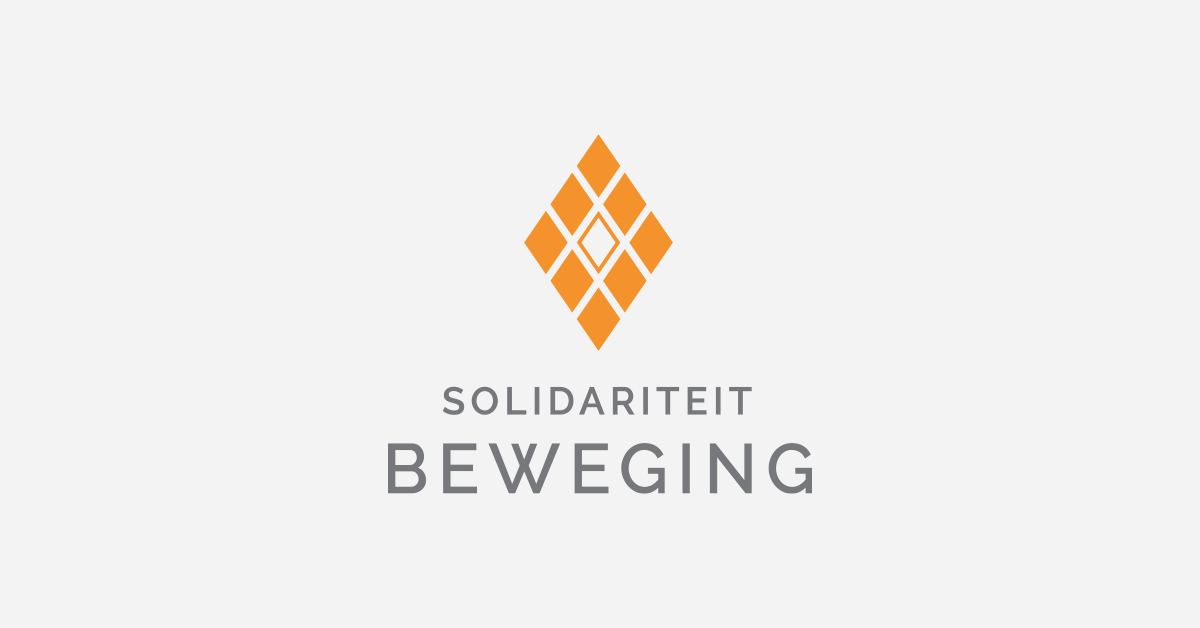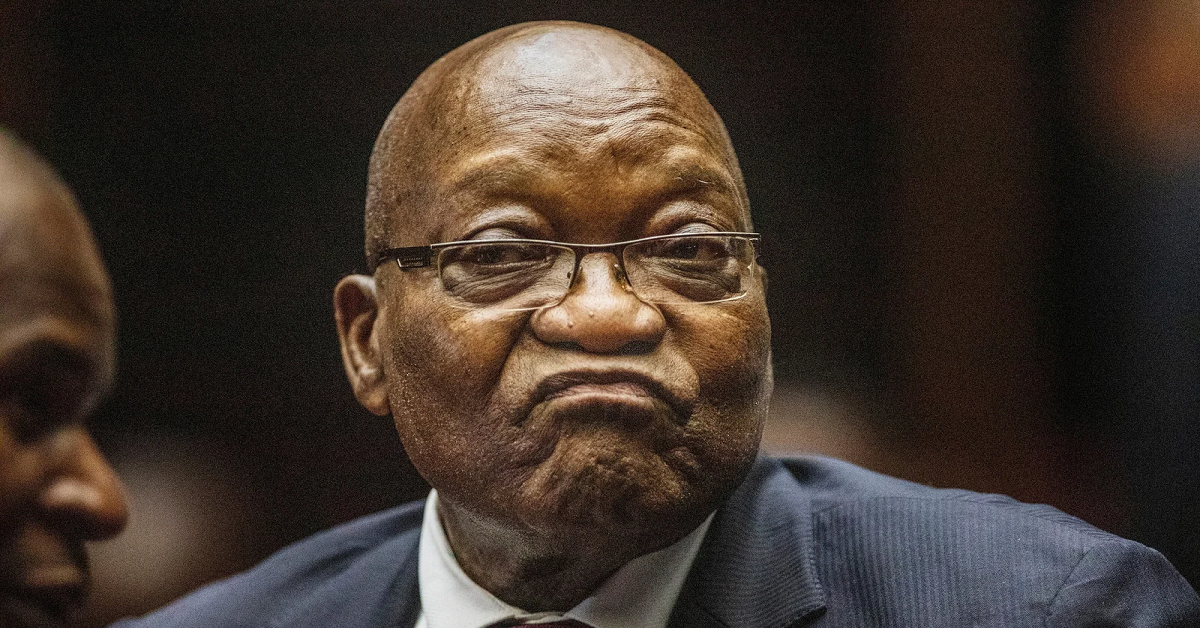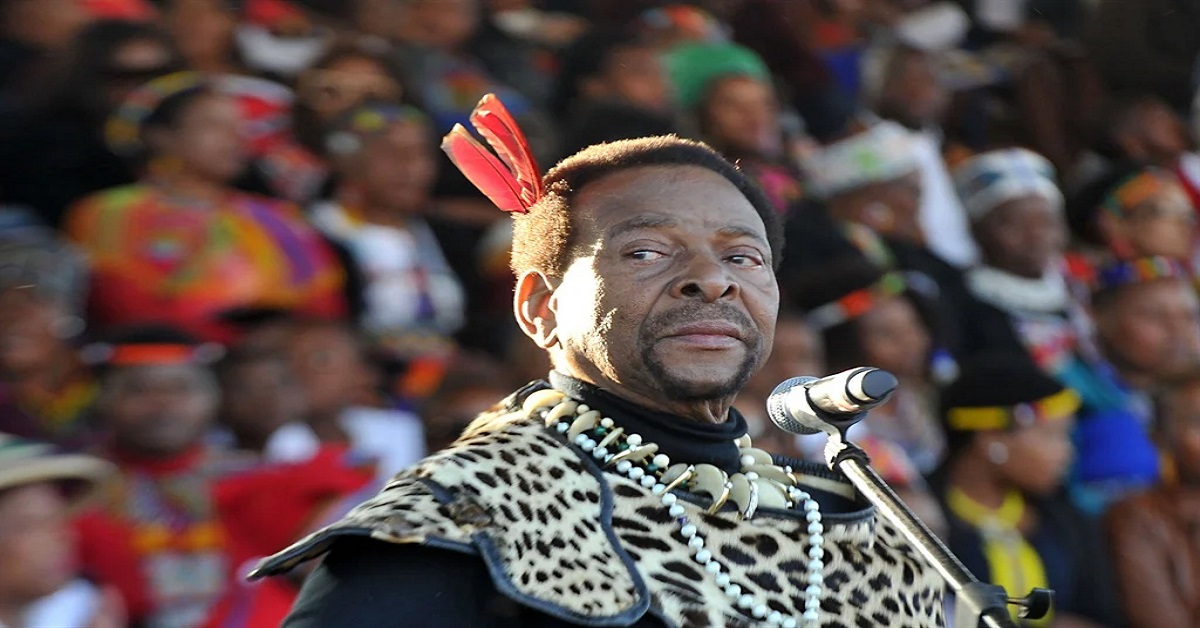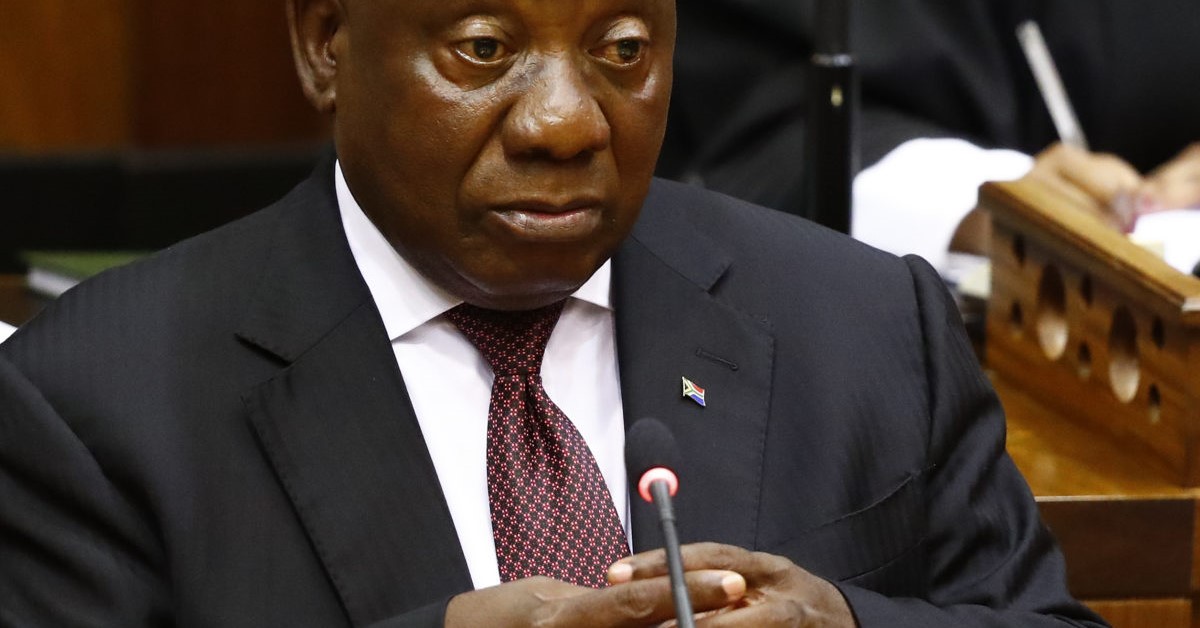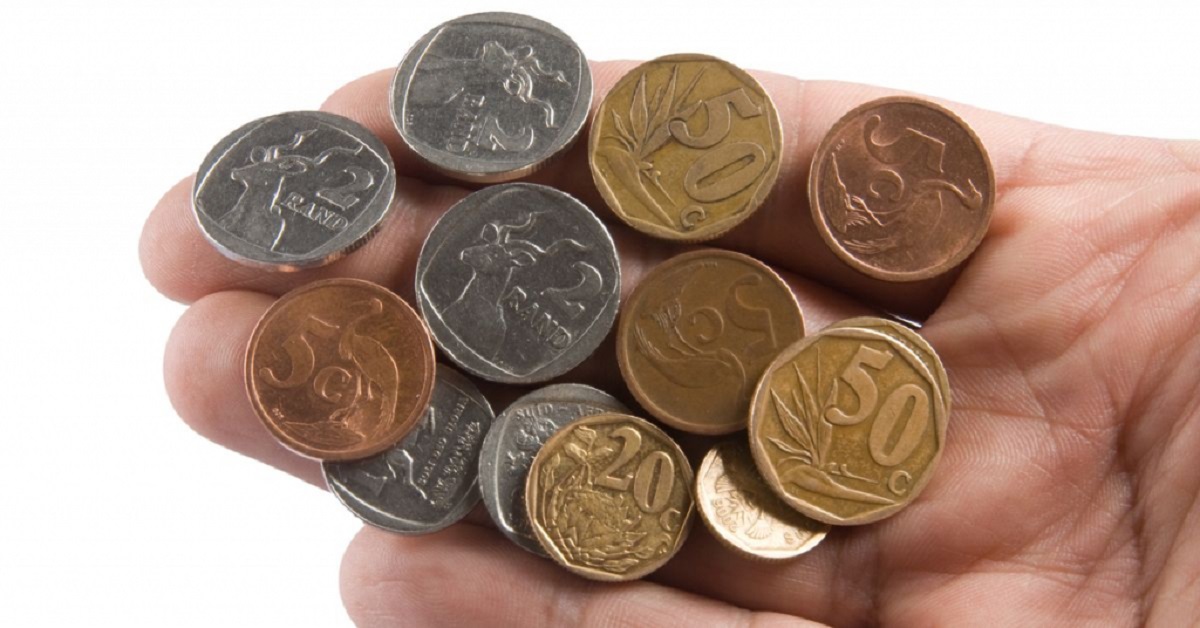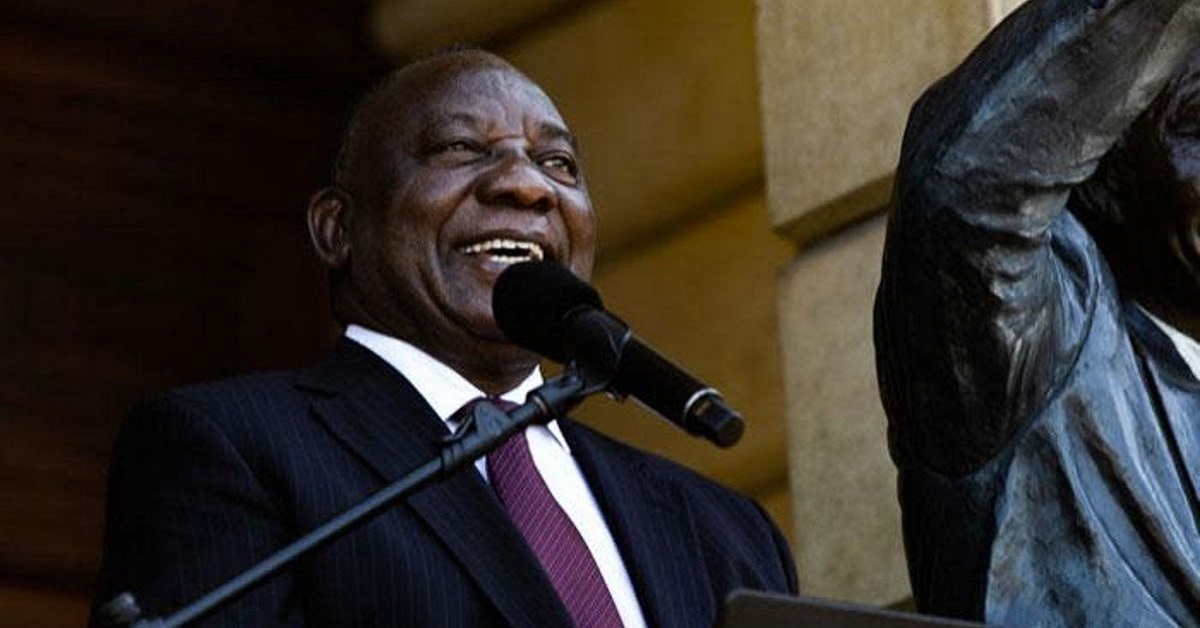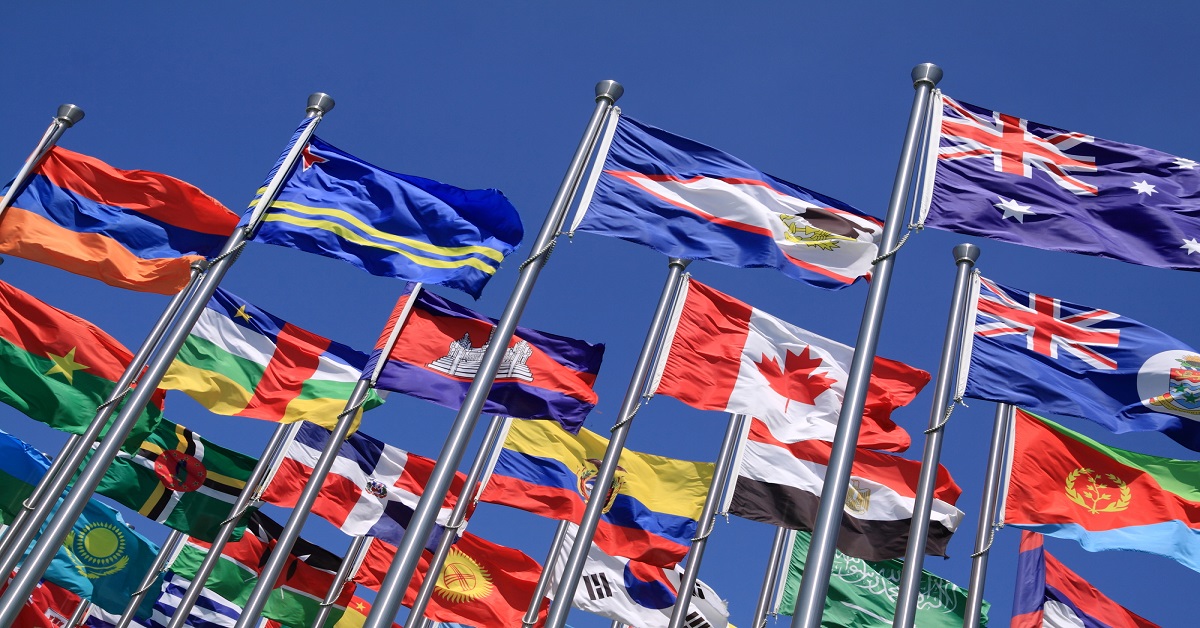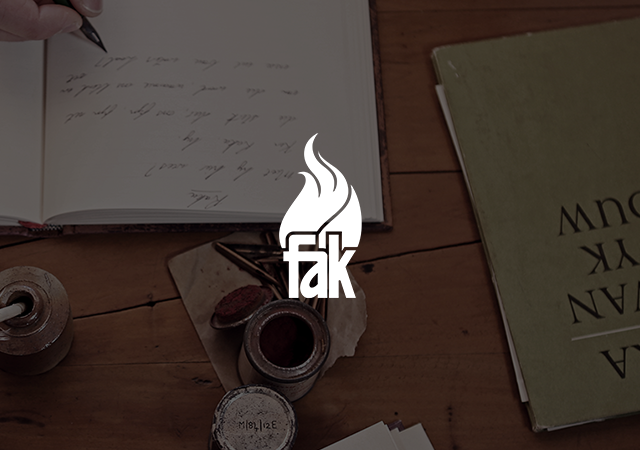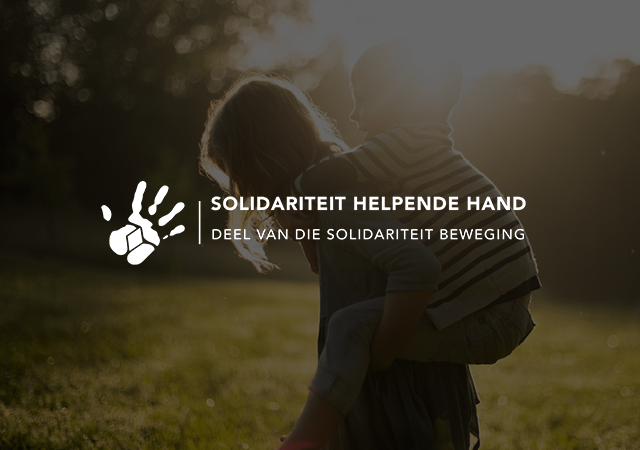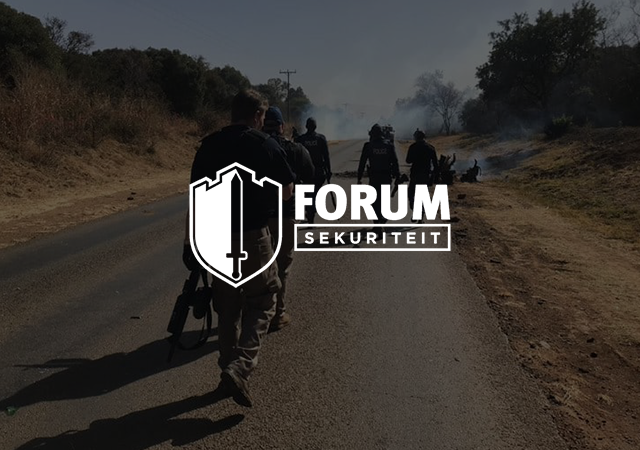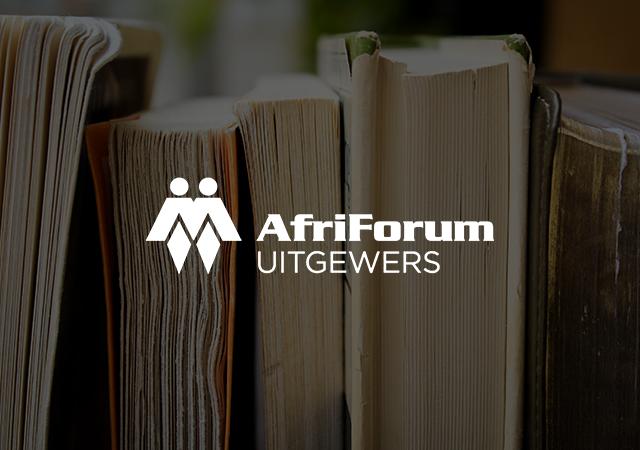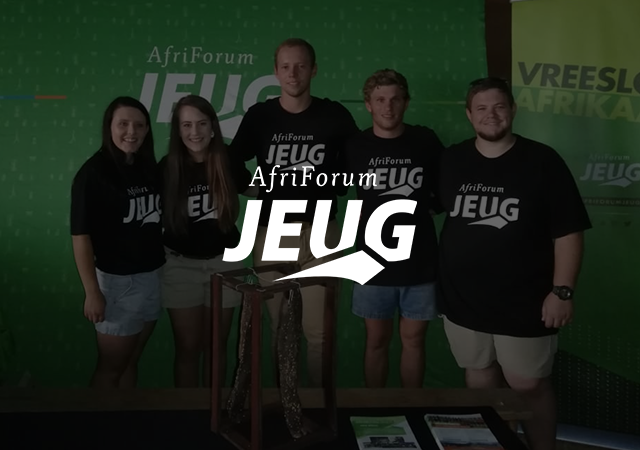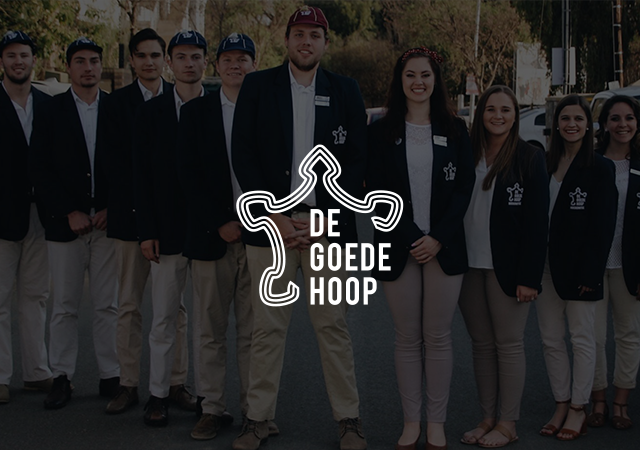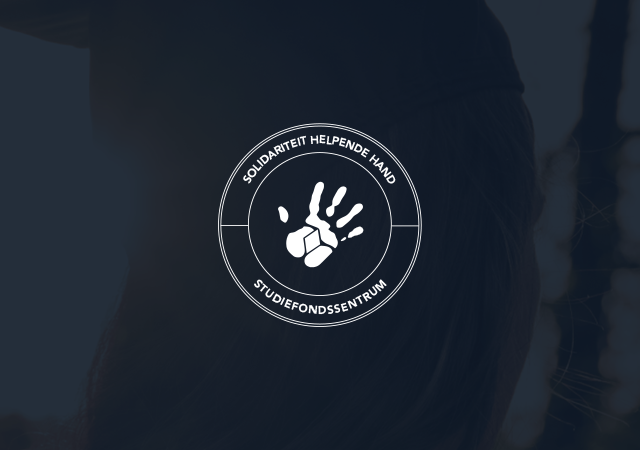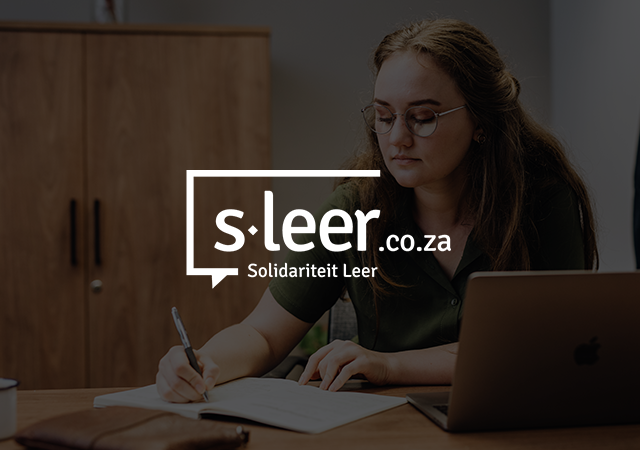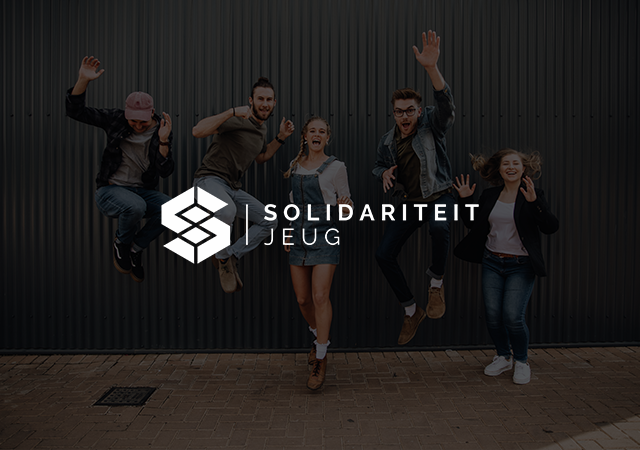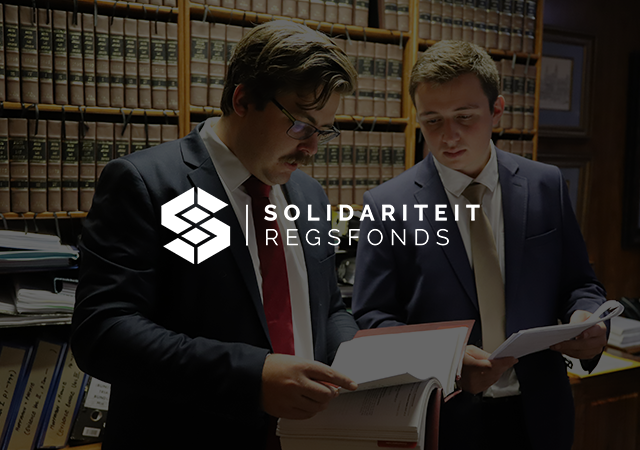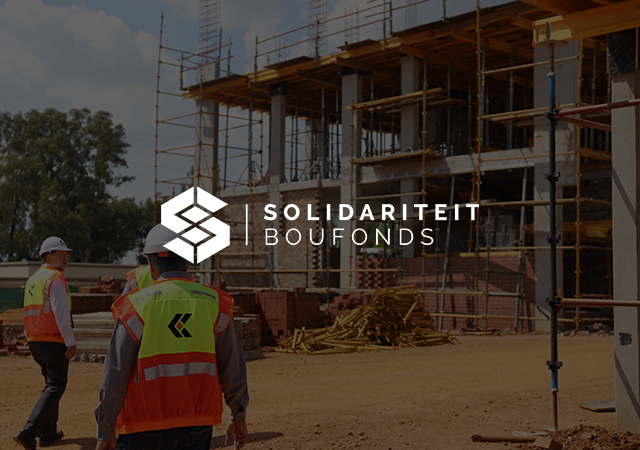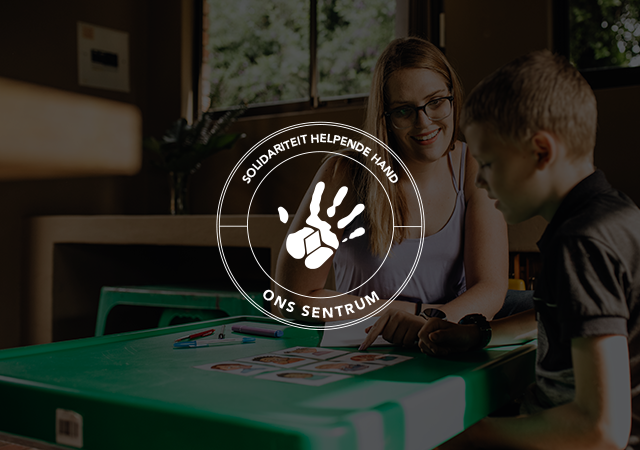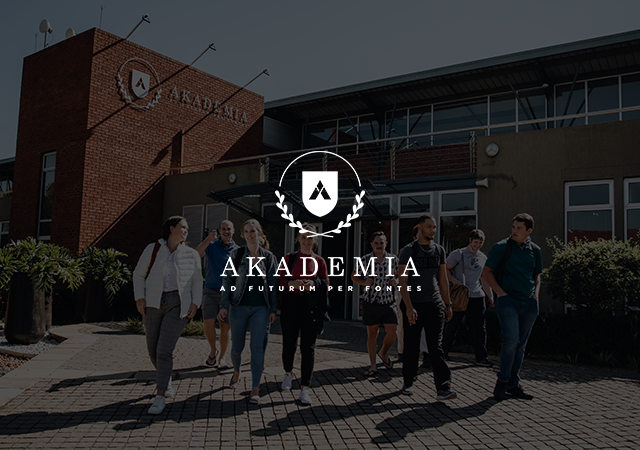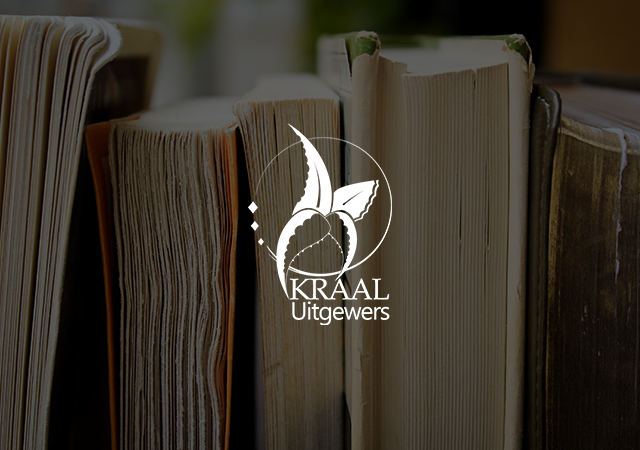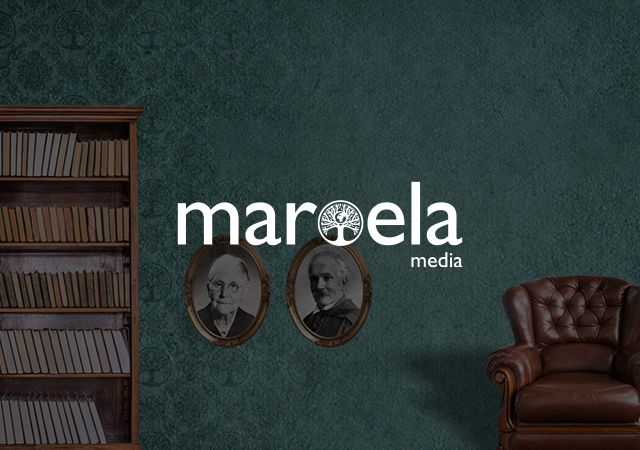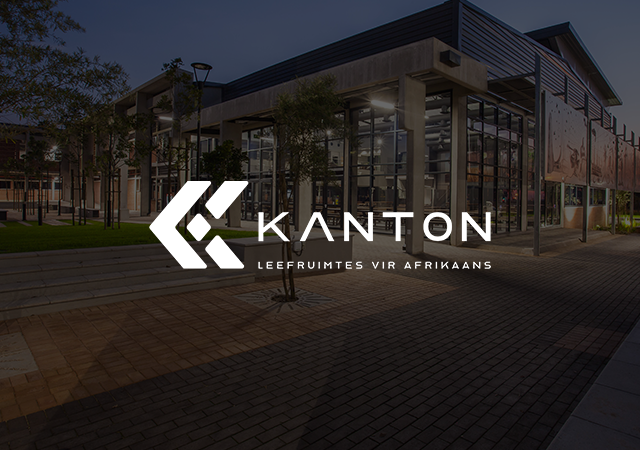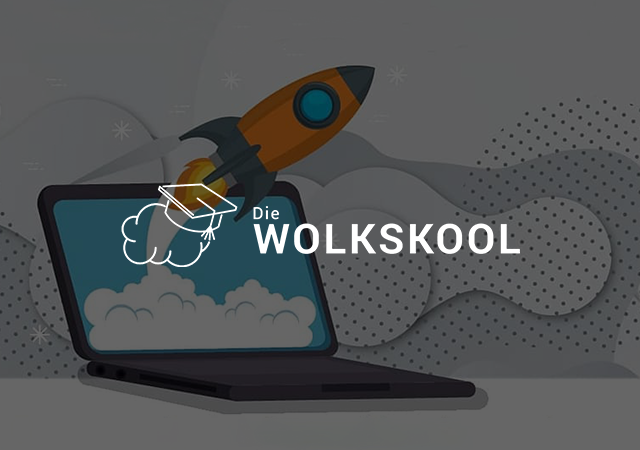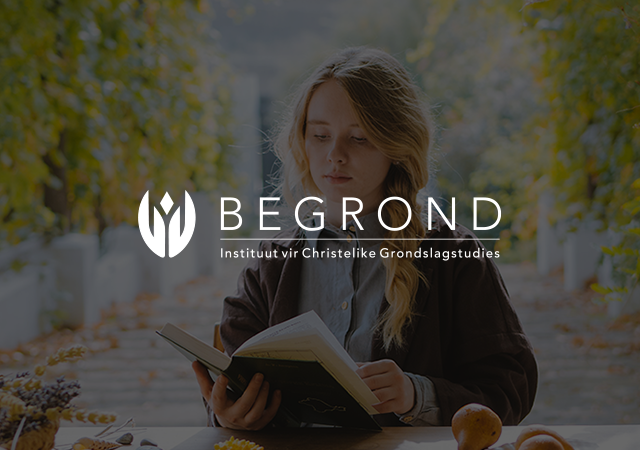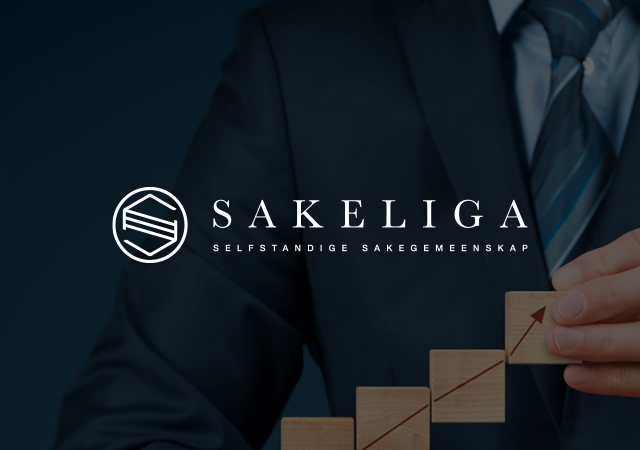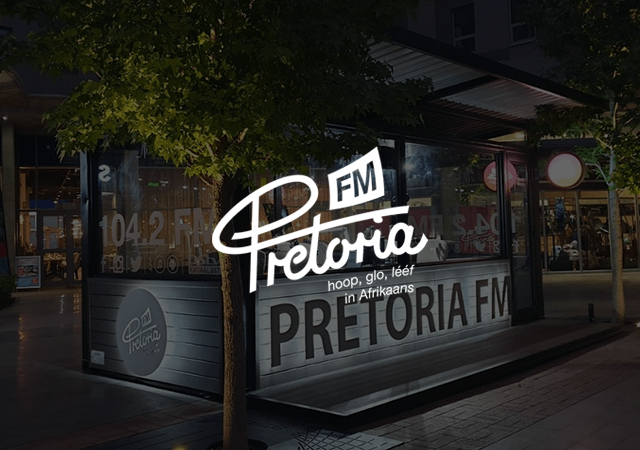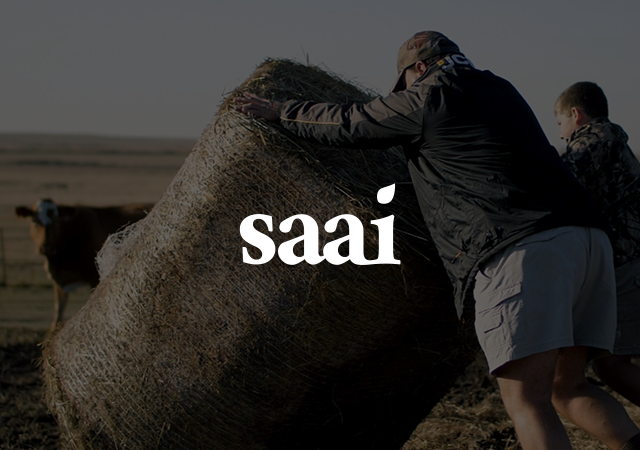The Solidarity Movement, including Solidarity and AfriForum, took a stand today by declaring that no further reasons exists for the current state of disaster, which has been in operation for about 22 months, to remain in force. This comes after the state of disaster was extended again by the government.
According to Solidarity Movement Chairperson Flip Buys, it seems that the pandemic is now entering an endemic phase. Furthermore, it appears that increased group immunity against Covid-19 can now be detected with the Omicron variant, resulting in less serious illness and fewer deaths. “The fact that the virus is now endemic means the virus won’t disappear, but we will have to learn to live with the virus. It also means that exceptional measures by the state, such as those that can be instituted under a state of disaster, are no longer necessary in an effort to control the virus,” Buys said.
According to Buys, the Movement is also very concerned about the state of schools in South Africa due to the restrictions that hamper education. “The fact that many schools are still unable to return to a normal way of functioning intensifies the concerns about the future of a whole generation of learners,” Buys said.
Both AfriForum and Solidarity will proceed with legal action in order to ask the courts to end the state of disaster.
According to Kallie Kriel, Chief Executive of AfriForum, the state of disaster poses a threat to freedom, as it gives the government extraordinary power to dramatically restrict civil liberties without subjecting such power to parliamentary oversight and decision-making in any way. “The fact that the state of disaster can be prolonged repeatedly without parliamentary approval is a serious violation of sound democratic principles,” Kriel said.
According to Solidarity CEO Dr Dirk Hermann, the current state of disaster creates major uncertainty for workers, companies and the economy in general, and it must therefore be terminated. “The state of disaster enables government to implement at short notice measures that affect the livelihood of businesses and workers. This sword hanging over the economy creates uncertainty that hampers capital formation and further expansion at a time when economic growth is crucially important,” Hermann said.
According to Jacques Broodryk, AfriForum’s campaign manager, the organisation will submit its court documents soon. “AfriForum has already taken on several of the government’s outrageous measures, including the curfew regulations, state quarantine camps and the ban on religious gatherings. The time has come for the state of disaster to be lifted in its entirety,” Broodryk said.
Hermann concluded by saying declarations that the state of disaster could not be terminated at short notice conveniently forget about the regulations that had been introduced and enforced “with immediate effect” under the state of disaster.
Further details regarding the proposed legal action will be announced soon.
